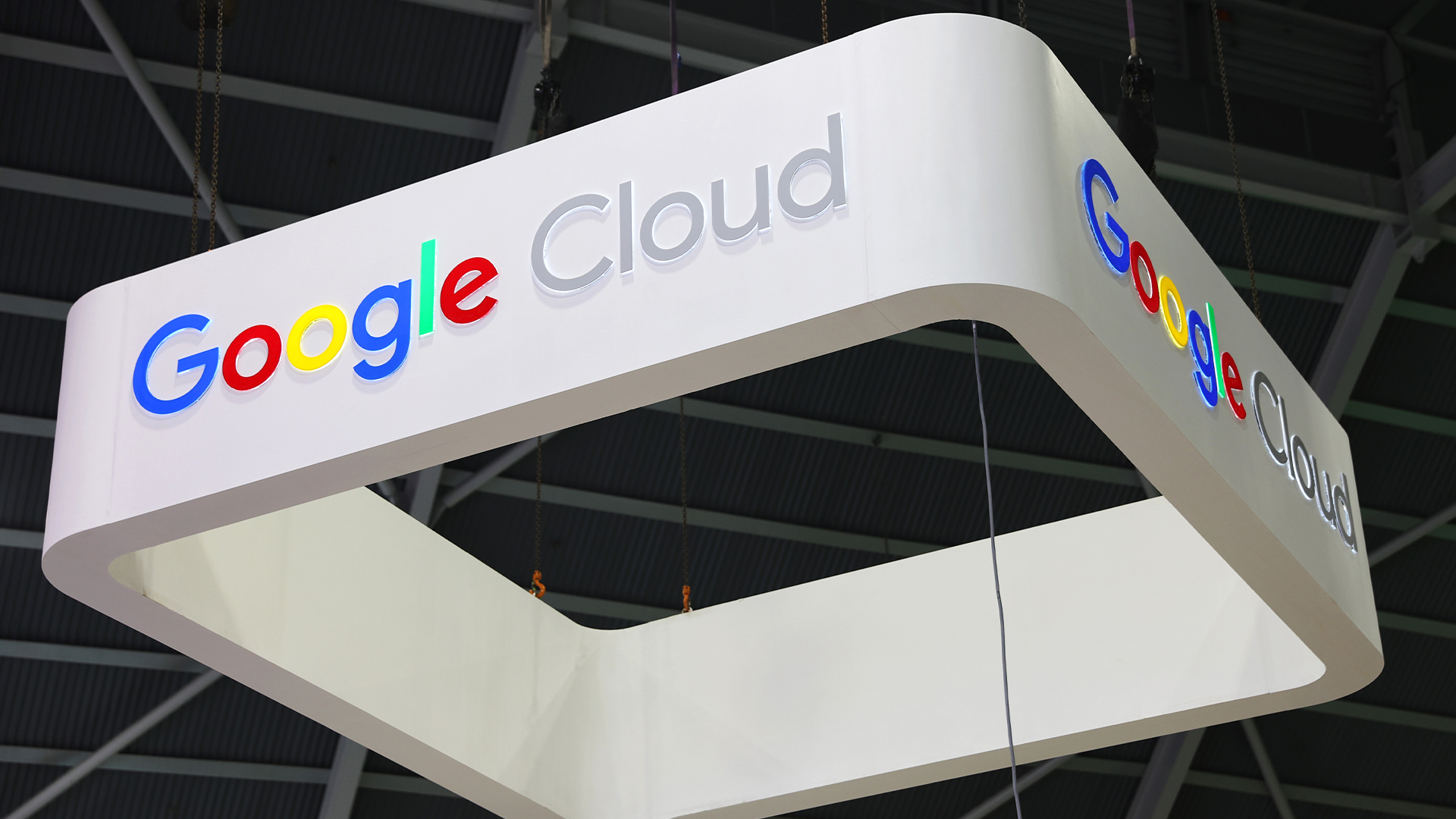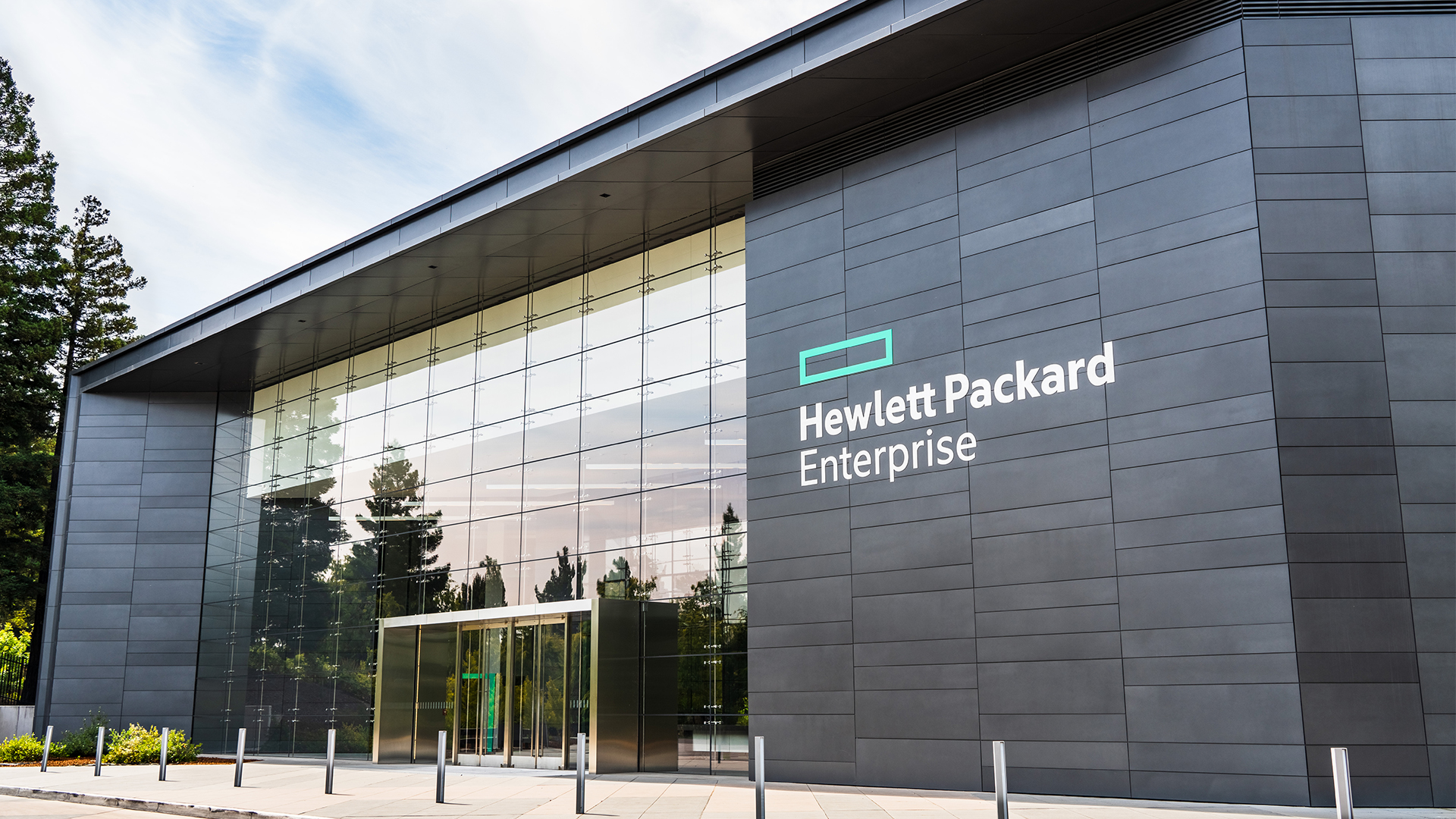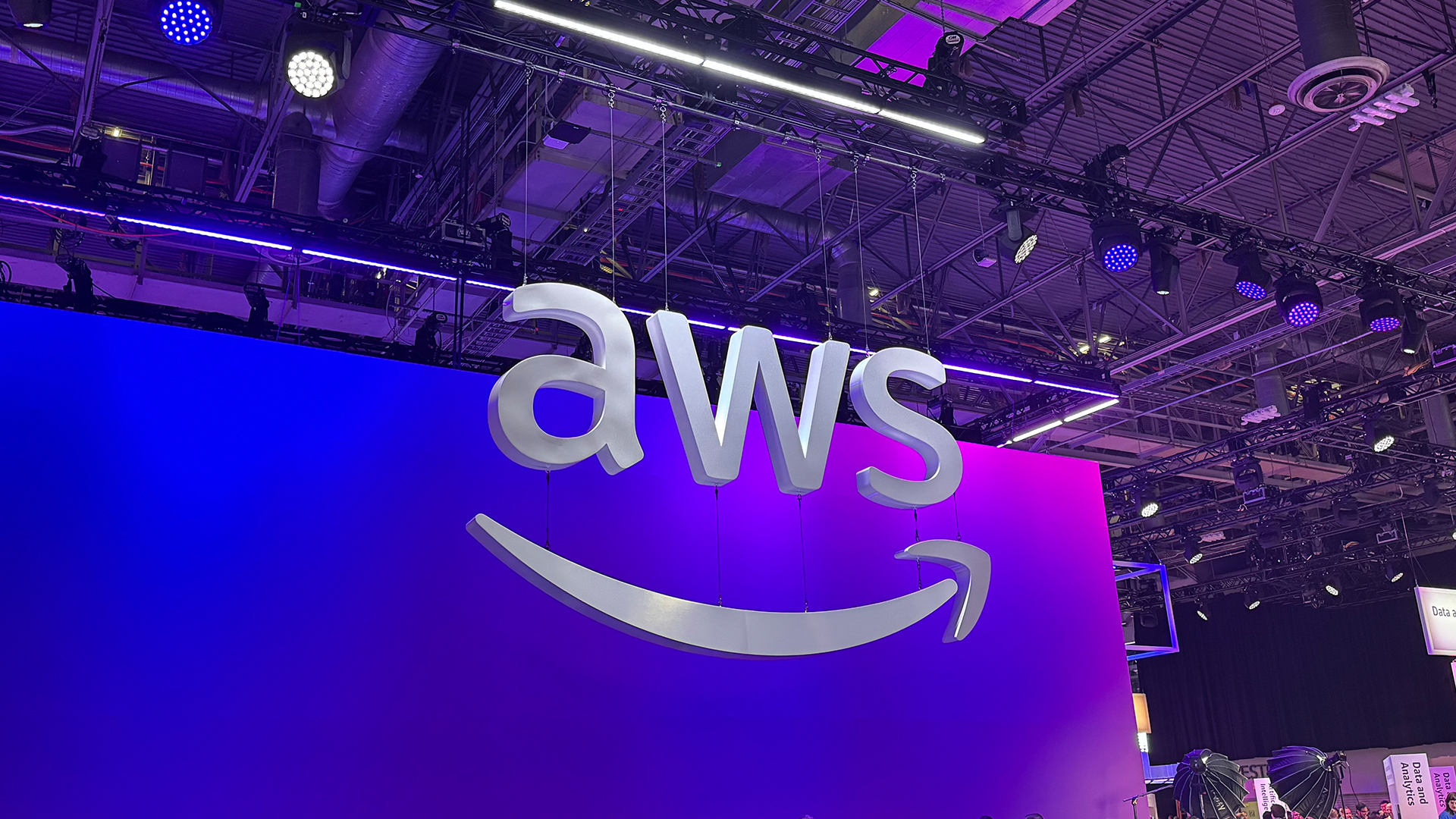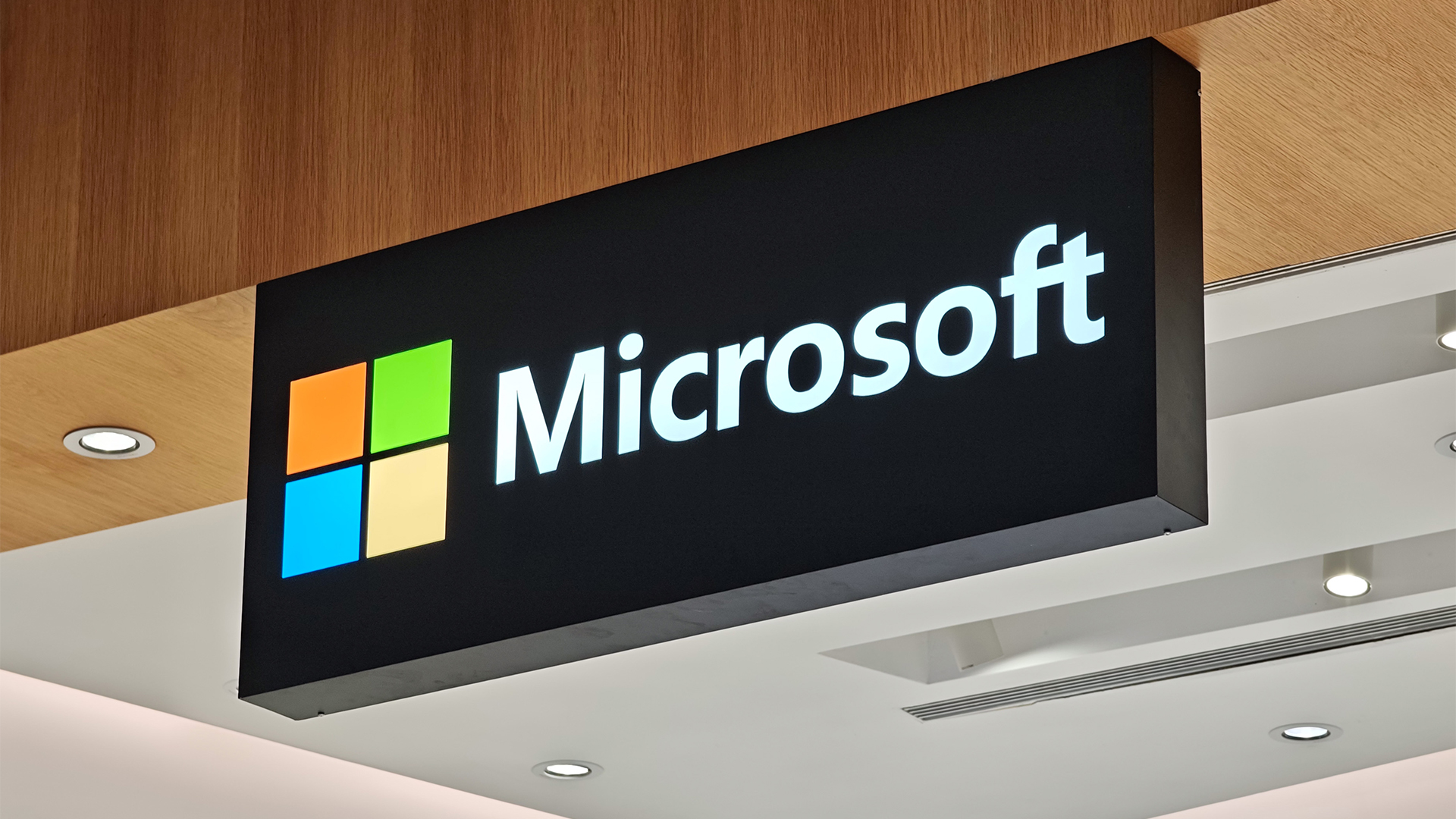Hybrid cloud has hit the mainstream – but firms are still confused about costs
How do you know if it's a good investment if you don't have full spending visibility?


Sign up today and you will receive a free copy of our Future Focus 2025 report - the leading guidance on AI, cybersecurity and other IT challenges as per 700+ senior executives
You are now subscribed
Your newsletter sign-up was successful
More than half of organizations in the UK and Ireland are flying blind on hybrid cloud costs, making ROI measurement impossible.
In a survey of more than 1,000 IT decision makers, managed cloud and security services firm Ekco found that hybrid cloud adoption has risen from 58% in 2022 to 68% today.
However, 54% of IT leaders said they lacked complete visibility into their cloud spend. And while 82% of organizations said cloud modernization efforts have contributed to a more agile culture, only one third deliver on every goal.
One major factor holding back innovation is legacy infrastructure, with 71% of respondents reporting that outdated on-prem technology is hampering progress.
Among those still relying heavily on legacy systems, 70% believe migrating to the cloud could reduce costs yet 46% cite management failing to prioritize cloud migration as a key barrier.
“Organizations are making substantial cloud investments, but without proper cost visibility and optimization, they're essentially flying blind," said James Young, head of technical solution architecture at Ekco.
"The jump to 68% hybrid adoption shows businesses want more control and governance, but that comes with complexity – a challenge that lends itself to a ‘FinOps’ approach, bringing together internal engineering, finance and business teams to ensure smarter, and more accountable cloud spending.”
Sign up today and you will receive a free copy of our Future Focus 2025 report - the leading guidance on AI, cybersecurity and other IT challenges as per 700+ senior executives
MSPs are filling in the gaps on cloud adoption
Managed service provider (MSP) partnerships jumped from 30% to 40% year-on-year, Ekco noted, claiming that projects supported by MSPs are 6.6% more likely to achieve all objectives and 8.3% more likely to stay within scope and timeline.
Gartner predicts that by the end of 2027, 90% of organizations will have adopted hybrid cloud, thanks largely to the increasing adoption of AI.
However, the consultancy warned that 25% of organizations will have experienced significant dissatisfaction with their cloud adoption by 2028, thanks to unrealistic expectations, suboptimal implementation and/or uncontrolled costs.
Organizations with a clear cloud strategy and effective execution that have successfully addressed upfront strategic focus by 2029 should find that their cloud dissatisfaction will decrease.
Make sure to follow ITPro on Google News to keep tabs on all our latest news, analysis, and reviews.
MORE FROM ITPRO
Emma Woollacott is a freelance journalist writing for publications including the BBC, Private Eye, Forbes, Raconteur and specialist technology titles.
-
 Microsoft Copilot bug saw AI snoop on confidential emails — after it was told not to
Microsoft Copilot bug saw AI snoop on confidential emails — after it was told not toNews The Copilot bug meant an AI summarizing tool accessed messages in the Sent and Draft folders, dodging policy rules
-
 Cyber experts issue warning over new phishing kit that proxies real login pages
Cyber experts issue warning over new phishing kit that proxies real login pagesNews The Starkiller package offers monthly framework updates and documentation, meaning no technical ability is needed
-
 Wasabi Technologies wants to be a "more predictable alternative to the hyperscalers" after $70m funding round
Wasabi Technologies wants to be a "more predictable alternative to the hyperscalers" after $70m funding roundNews The cloud storage provider plans to ramp up AI infrastructure investment and boost global expansion
-
 Google Cloud teases revamped partner program ahead of 2026
Google Cloud teases revamped partner program ahead of 2026News The cloud giant’s new-look partner ecosystem shifts focus from activity tracking to measurable customer outcomes
-
 Cloud security teams are in turmoil as attack surfaces expand at an alarming rate
Cloud security teams are in turmoil as attack surfaces expand at an alarming rateNews Cloud security teams are scrambling to keep pace with expanding attack surfaces, new research from Palo Alto Networks shows, largely due to the rapid adoption of enterprise AI solutions.
-
 Veeam and HPE eye simplified data resilience with expanded alliance
Veeam and HPE eye simplified data resilience with expanded allianceNews The pair’s latest collaboration sees the introduction of next-gen data protection services to help eliminate risk across modern enterprise applications
-
 AWS re:Invent 2025 live: All the news and announcements from day two in Las Vegas
AWS re:Invent 2025 live: All the news and announcements from day two in Las VegasLive Blog Keep tabs on all the latest announcements from day-two at AWS re:Invent 2025 in Las Vegas
-
 CEOs admit majority of cloud environments were ‘built by accident rather than design’ – and it’s coming back to haunt them
CEOs admit majority of cloud environments were ‘built by accident rather than design’ – and it’s coming back to haunt themNews Many enterprises rushed into the cloud without a clear end goal in mind, according to Kyndryl
-
 Microsoft’s new ‘marketplace’ lets customers pick and choose cloud, AI solutions
Microsoft’s new ‘marketplace’ lets customers pick and choose cloud, AI solutionsNews The Microsoft Marketplace looks to streamline customer access to AI and cloud services
-
 Mainframes are back in vogue
Mainframes are back in vogueNews Mainframes are back in vogue, according to research from Kyndryl, with enterprises ramping up hybrid IT strategies and generative AI adoption.
